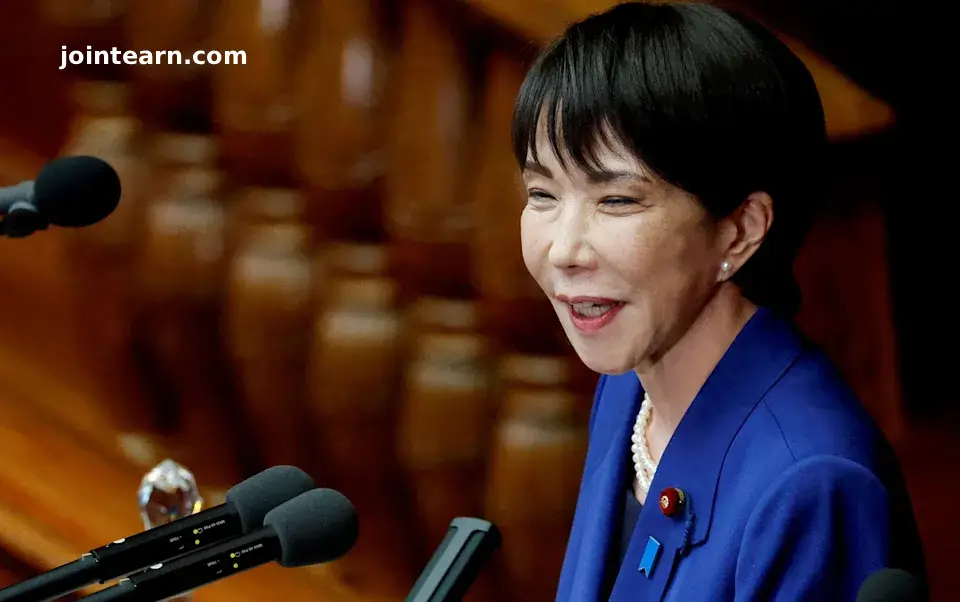
Beijing / Tokyo – China has formally advised its citizens to avoid traveling to Japan, escalating a diplomatic dispute over Japanese Prime Minister Sanae Takaichi’s recent remarks on Taiwan. The advisory comes amid heightened tensions between Tokyo and Beijing, with both countries summoning each other’s ambassadors in a show of protest.
Prime Minister Takaichi’s Remarks on Taiwan
Last week, Sanae Takaichi, Japan’s first female prime minister, warned in parliament that a Chinese military assault on Taiwan could constitute a “survival-threatening situation” for Japan, potentially prompting a Japanese military response. She stated:
“If an emergency in Taiwan entails battleships and the use of force, then that could constitute a situation threatening survival [of Japan], any way you slice it.”
Takaichi’s comments reference Japan’s 2015 security legislation, which allows for the exercise of collective self-defense if there is a clear threat to the country’s survival. While she has signaled she will refrain from discussing specific scenarios in the future, she insisted her stance is consistent with Tokyo’s long-standing policy of strategic ambiguity.
China’s Travel Advisory and Response
In response, Beijing issued a warning citing “significant risks to the personal safety and lives of Chinese citizens” traveling to Japan. A post on WeChat by the Chinese embassy in Japan stated:
“Recently, Japanese leaders have made blatantly provocative remarks regarding Taiwan, severely damaging the atmosphere for people-to-people exchanges. The Ministry of Foreign Affairs and the Chinese embassy and consulates in Japan solemnly remind Chinese citizens to avoid travelling to Japan in the near future.”
China also summoned Japan’s ambassador to Beijing, while Japan responded by summoning China’s ambassador, reinforcing the diplomatic seriousness of the dispute.
Airlines Offer Refunds Amid Escalation
Following the advisory, China’s largest airlines, including Air China, China Southern, and China Eastern, announced full refunds for tickets to Japan booked through the end of the year. Travelers now have the option to cancel or reschedule trips to Japan without penalties, highlighting the potential economic impact on Japanese tourism and local businesses.
Diplomatic Escalation and Social Media Incident
The diplomatic tensions escalated further when Xue Jian, Chinese consul general in Osaka, posted on social media a now-deleted comment threatening Takaichi, stating that “the dirty neck that sticks itself in must be cut off.” Japan deemed the comments “extremely inappropriate,” and lawmakers called for Xue’s expulsion, deepening the diplomatic row.
Chinese state media also released several editorials criticizing Takaichi and highlighting Beijing’s firm stance on Taiwan.
Background on Taiwan and Regional Security
Taiwan, a self-governing island claimed by China, lies approximately 62 miles (100 km) from the nearest Japanese island. Japan and the U.S. do not maintain formal diplomatic relations with Taiwan, though the U.S. provides military support, and Japan remains a key American ally in the Asia-Pacific region.
Beijing maintains that Taiwan is part of its territory and has not ruled out the use of force to bring the island under control. Takaichi’s hawkish approach and Japan’s alliance with the U.S. have heightened regional tensions, particularly amid China’s ongoing military drills around Taiwan.
Economic and Strategic Implications
Japan and China are significant trading partners, but historical mistrust, territorial disputes, and rising military budgets have often strained ties. The travel advisory threatens to reduce Chinese tourism in Japan, an important sector for the economy, while further complicating diplomatic relations. Analysts suggest that the advisory reflects Beijing’s attempt to exert economic and political pressure in response to Takaichi’s statements.
Conclusion
China’s warning to its citizens not to visit Japan underscores the fragility of China-Japan relations amid tensions over Taiwan and regional security. With both nations summoning ambassadors and issuing strong public statements, the dispute highlights the delicate balance between diplomacy, economic interests, and military strategy in the Asia-Pacific region.


Leave a Reply